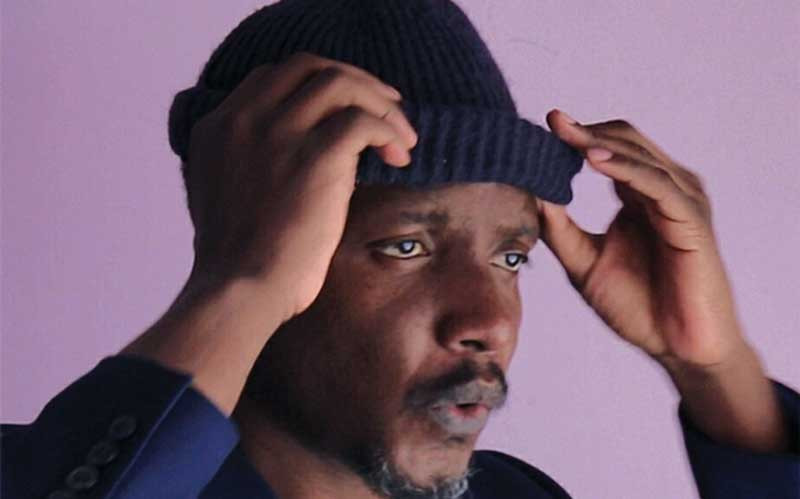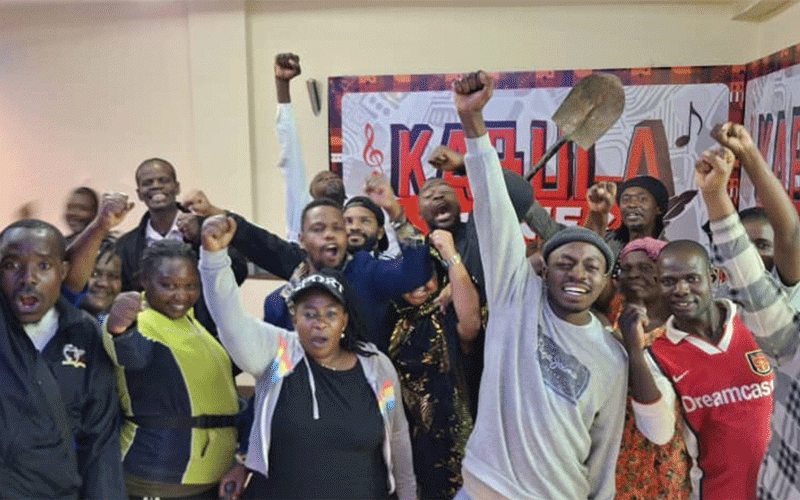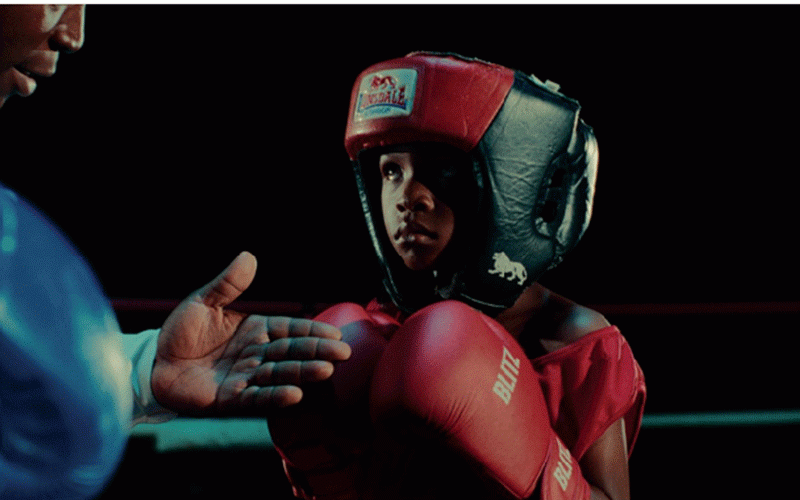
CURATOR for the Input Conferences for the European Film Festival Zimbabwe, Alex Gwaze has implored filmmakers to seriously commit to learning all film components which he says helps in realising good quality.
Gwaze told NewsDay Life & Style that the short films screened at the recently-held European Film Festival Zimbabwe were of outstanding quality and have the potential to compete on the global stage.
“The Zimbabwean film industry has always survived despite several challenges and out of a great desire for work, local filmmakers have found ways around these challenges,” he said.
“We obviously need local stakeholders to realise the potential of the industry and appreciate that films are not only cultural expressions, but products that are big business.”
Gwaze believes the attendance of the National Arts Council of Zimbabwe (NACZ) at the roundtable was a great step forward towards sharing and understanding the needs of filmmakers.
He, however, desires a greater interaction between filmmakers and the business world at the festival’s future editions in order to establish a formal value chain.
Speaking on the European Film Festival’s goal, Gwaze said it was meant to foster a cultural exchange between European States, Zimbabwe and Africa at large through curated European films showcasing the best narratives and talent that Europe has to offer.
“Imagine being able to watch award-winning films from Europe and Africa for free in lively spaces that are designed to inspire all those who enter Mbare Art Space and Ster Kinekor Bulawayo,” he rhetorically said.
- A peep into Matenganyika’s artistic closets
- The Bioskop Short Film Competition is back
- The Bioskop Short Film Competition is back
- Biskop Short Film 2022 finalists announced
Keep Reading
“This does not happen everyday, our love for films, coupled with our goal to foster collaboration, created such an environment. The films shown at this year’s festival were co-productions between Europe and the rest of the world. So, Zimbabweans essentially experienced European culture multiplied by other non-European experiences through multicultural stories.”
Gwaze reiterated that the festival’s purpose was not only to mutually develop European and Zimbabwe relations, but also to strengthen the economic opportunities in both spaces.
“As the world’s borders start to blur, thanks to digital technology, our goal was to set the tone for the future, and “seed” some useful ideas related to how Zimbabwean content could enter the global market and thrive,” he noted.
Gwaze said this year they were focused on “seeding” the idea of crossing borders and going global and attendees at this year’s festival got to experience this concept first-hand.
“The festival also facilitated skills sharing opportunities through masterclasses and the Input Conference attended by renowned filmmakers. This created a rich exchange between the speakers, the public and the award-winning filmmakers in attendance,” he explained.
“This year we had one of the filmmakers Swedish-Iraqi Zahavi Sanjavi (the director of Imad’s Childhood) showcasing his film. He also facilitated a three-day masterclass with local aspiring documentarians. This was a great experience for locals to learn the ins and outs of documentary filmmaking in person in Harare.”
He continued: “We also had South African actor Ayanda Makayi who presented a talk in person at the Bulawayo leg of the input conference. Makayi demystified the South African film industry and inspired aspiring actors to take their craft seriously.
“We also brought the biggest African film this year, Mami Wata to Zimbabwe. We are pleased to be at the forefront of bringing the most relevant content to Zimbabwean audiences. In addition, as always, the Filamu short films were well curated and showcased some of the best short films on the continent.”
Gwaze hopes that the festival will continue to bring people, cultures and stories together in Zimbabwe.
“I believe films are the fastest way to translate our common experiences and I am always grateful for the engagement and attendance of our people at the European Film festival. It shows us that Zimbabweans appreciate film and want to learn as much as they can,” he added.










